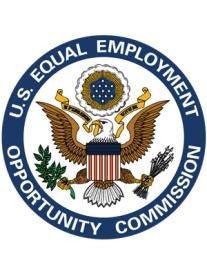Employers should continue to proceed with caution despite the recent pro-employer decision in EEOC v. CVS Pharmacy, Inc., a closely-watched case in which the EEOC alleged that CVS’ standard separation agreement interfered with the rights of former employees to file an EEOC charge or participate in an EEOC investigation. Although summary judgment was granted in favor of CVS by Judge John W. Darrah of the Northern District of Illinois, the court chose not to address the merits of the case, and instead dismissed the lawsuit on procedural grounds based on the EEOC’s failure to conciliate the case prior to filing its lawsuit.
This lawsuit was unique because there was no allegation that CVS had engaged in discrimination or retaliation under Title VII of the Civil Rights Act of 1964 (Title VII). Rather, the EEOC alleged that CVS' mere use of its standard separation agreement constituted a "pattern or practice" of resistance under Section 707 of Title VII. Among several challenged provisions, the separation agreement required former employees to release all waivable claims against CVS, prohibited them from filing any lawsuits or claims against CVS, and required former employees to notify CVS if they participated in an agency investigation. A disclaimer expressly stated that execution of the separation agreement was not intended to interfere with the right to participate in an agency proceeding or from cooperating with such agency.
The court granted summary judgment to CVS due to the EEOC's failure to conciliate prior to filing suit. Yet, this decision provides little comfort for employers that utilize separation agreements with similar terms. Although the issue of whether the agreement constitutes a "pattern or practice" violation of Title VII remains unsettled, a resolution may be forthcoming as the EEOC is currently pursuing a similar theory in a case pending in the District of Colorado.
The court's opinion includes a footnote that may prove helpful to employers. Judge Darrah noted that it was unreasonable to interpret CVS' separation agreement as prohibiting employees from filing an EEOC charge and that, even if the agreement did prohibit the filing of a charge, that provision would simply be unenforceable and "could not constitute resistance to [Title VII]" such that the agreement would violate Title VII. However, this comment is non-binding dicta and not precedential.



 i
i


